How to stop Headache(pain)?
Remedy for headache
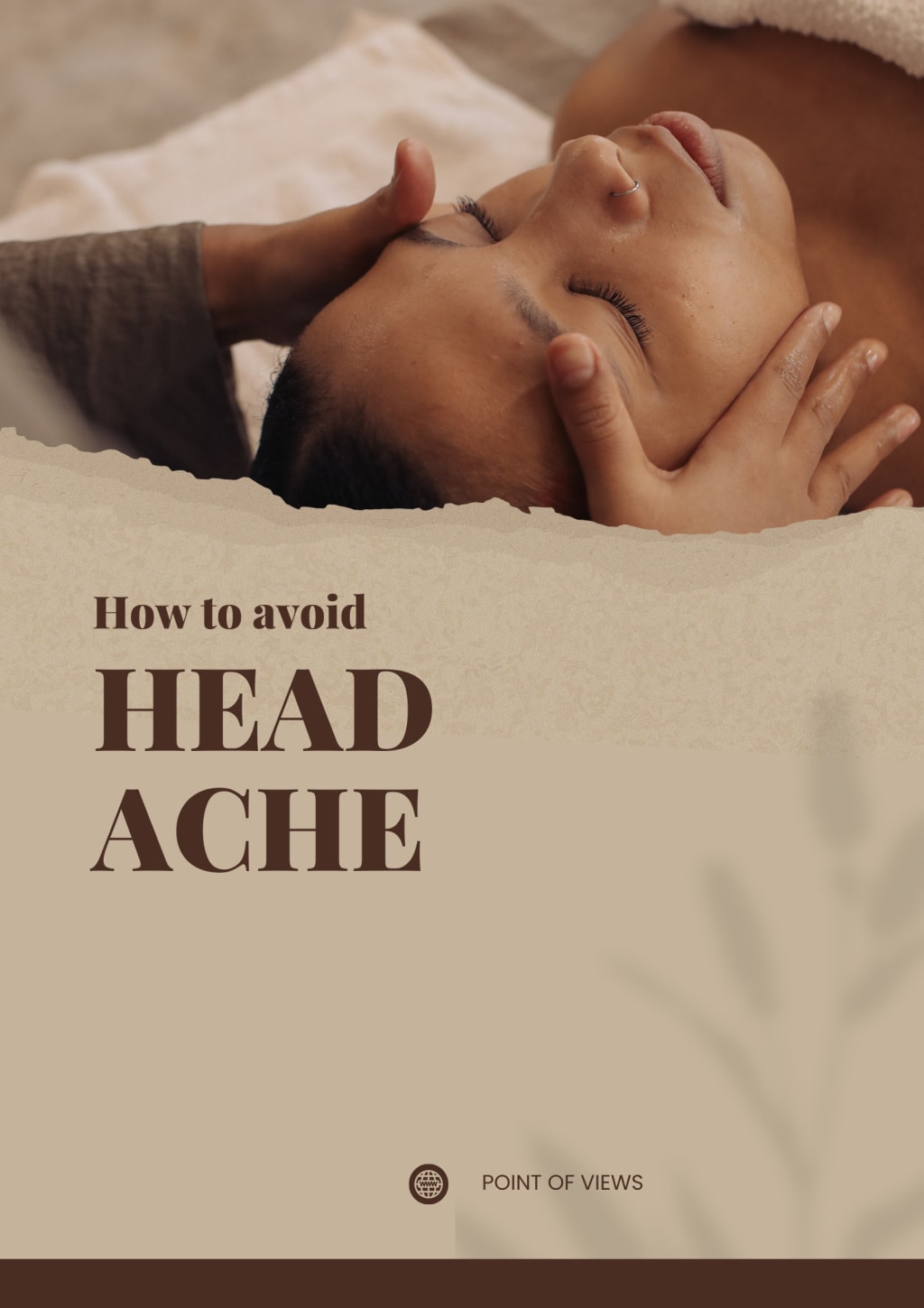
There are several ways to stop a headache, depending on the cause and severity of the headache. Here are some tips that may help:
1.IDENTIFY THE TRIGGER:
Try to identify what triggers your headache, such as stress, lack of sleep, certain foods, or dehydration. Avoiding or reducing exposure to these triggers can help prevent future headaches.
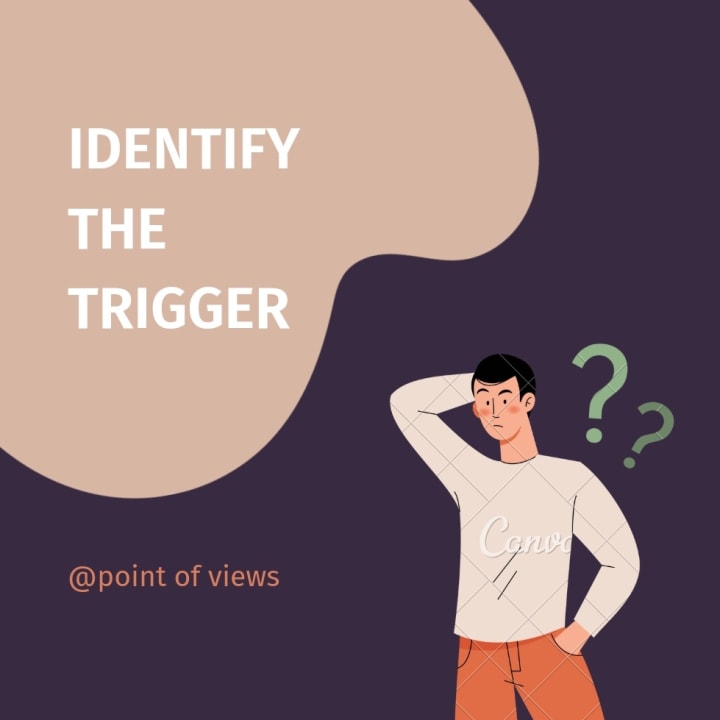
2.REST:
If possible, lie down in a quiet, dark room and rest. Relaxation techniques, such as deep breathing or meditation, may also help relieve headache pain.
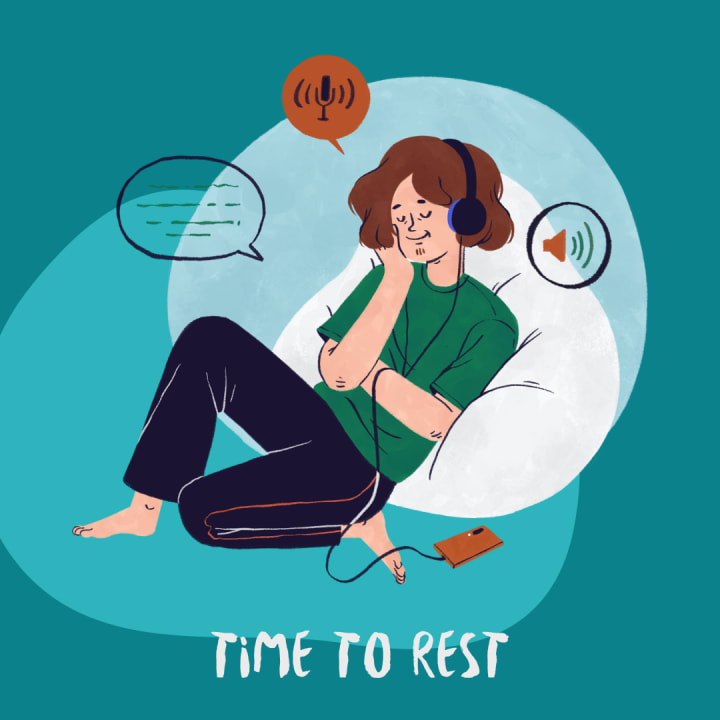
3.APPLY HEAT OR COLD:
Apply a cold pack or a warm compress to your head or neck to help relieve headache pain. You can try alternating between hot and cold treatments to see what works best for you.

4.HYDRATE:
Drink plenty of water to help flush out toxins and hydrate your body.
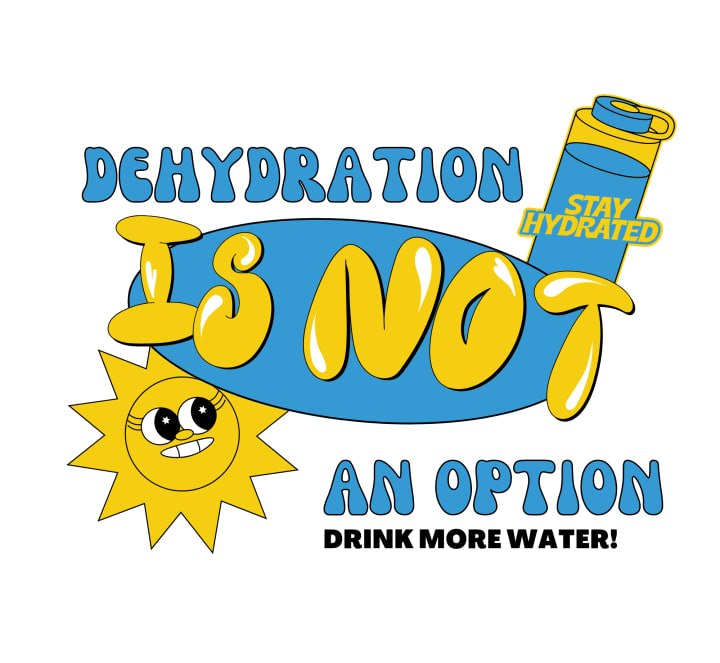
5.OVER THE COUNTER MEDICATION:
Over-the-counter pain relievers, such as ibuprofen, acetaminophen, or aspirin, may help relieve headache pain. Be sure to follow the recommended dosage and talk to your doctor if you have any questions.
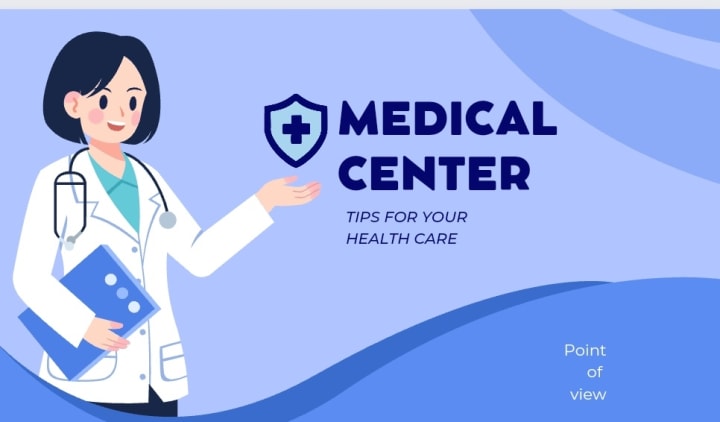
6.PRESCRIPTION MEDICATION:
If your headaches are frequent or severe, your doctor may prescribe medication to help prevent or treat them.
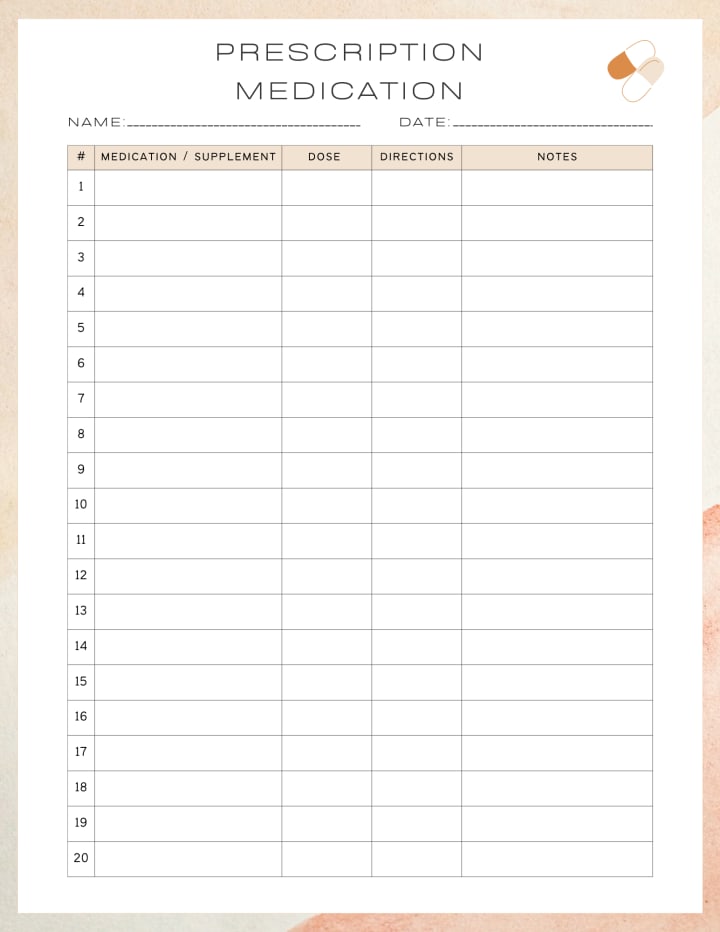
If your headaches are persistent or severe, it's important to consult a healthcare professional to rule out any underlying medical conditions.
IDENTIFY THE TRIGGER:
Identifying the trigger of a headache involves paying close attention to your body and your lifestyle to determine what factors may be causing or contributing to your headaches. Common triggers of headaches can include stress, lack of sleep, certain foods or drinks, dehydration, hormonal changes, environmental factors, or certain medications.
To identify your headache triggers, you can start by keeping a headache diary. This is a record of when your headaches occur, how severe they are, and what you were doing or eating before the headache started. This can help you identify patterns or triggers that may be causing your headaches.
When keeping a headache diary, be sure to record the following information:
The date and time of your headache
The location and intensity of the pain
What you were doing or eating before the headache started
How long the headache lasted
Any other symptoms you experienced during the headache, such as nausea or sensitivity to light or sound
By tracking your headaches in a diary, you may be able to identify patterns or triggers that are causing your headaches. Once you have identified your triggers, you can take steps to avoid or reduce them, which may help prevent future headaches.
REST:
Rest is often recommended as a first-line treatment for headaches because it allows your body and mind to relax and recover. When you are experiencing a headache, your body is under stress, and resting can help alleviate that stress and reduce your headache pain.
If possible, lie down in a quiet, dark room and rest. Try to relax your mind and body by focusing on your breathing, practicing meditation or deep breathing exercises, or listening to calming music. It is important to minimize any external stimuli that may be exacerbating your headache, such as bright lights or loud noises.
If you are at work or in a public place and unable to rest in a quiet space, try to find a way to minimize your stress and reduce your headache pain. For example, you can take a break and walk outside to get some fresh air, close your eyes and breathe deeply for a few minutes, or use relaxation techniques like progressive muscle relaxation to release tension in your body.
It is also important to make sure that you are getting enough sleep and restful sleep. Chronic lack of sleep can be a trigger for headaches, so aim to get seven to eight hours of sleep per night and create a comfortable and relaxing sleeping environment.
Rest is just one of the ways to manage headaches, and it may not work for everyone or every type of headache. If your headaches persist or are severe, it is important to speak with a healthcare professional to identify any underlying causes and discuss appropriate treatment options
APPLY HEAT OR COLD:
Applying heat or cold to the affected area can be an effective way to alleviate headache pain. However, the choice between heat or cold therapy will depend on the type of headache you have.
For tension headaches, which are often caused by muscle tension in the neck and head, applying heat to the neck and shoulders can help relax the muscles and relieve the headache pain. You can use a heating pad, hot water bottle, or warm towel to apply heat to the affected area. Make sure the heat is not too hot and that you do not apply it for too long, as this can cause burns or skin irritation.
For migraines or headaches that are accompanied by inflammation or swelling, such as sinus headaches, applying cold to the affected area may be more effective. You can use a cold pack, a bag of frozen peas, or a cold towel to apply cold to the forehead or temples. Make sure to wrap the cold pack in a towel to prevent direct contact with the skin, and avoid applying cold for too long, as this can cause frostbite or skin damage.
It is important to note that not everyone responds to heat or cold therapy in the same way, and some people may find that applying heat or cold makes their headache worse. If applying heat or cold does not provide relief or exacerbates your headache, try other methods such as relaxation techniques or over-the-counter pain relievers. If your headache persists or is severe, it is important to speak with a healthcare professional to identify any underlying causes and discuss appropriate treatment options.
HYDRATE:
When it comes to headaches, dehydration can be a contributing factor in some cases. Dehydration occurs when the body loses more fluids than it takes in, which can happen due to sweating, urinating, or not drinking enough water.
When someone is dehydrated, the body may respond by constricting blood vessels in an effort to conserve fluids. This constriction can cause headaches, especially if it occurs in the head and neck area.
To avoid dehydration-related headaches, it's important to drink plenty of fluids throughout the day, especially when engaging in physical activity or spending time in hot or humid environments. Drinking water is the best way to stay hydrated, but other options like sports drinks or coconut water can also help replenish fluids and electrolytes.
If you are experiencing a headache and suspect that dehydration may be a contributing factor, try drinking water or a hydrating beverage and see if your symptoms improve. It's always a good idea to stay hydrated even when you are not experiencing a headache to prevent dehydration in the first place.
OVER THE COUNTER MEDICATION:
Over-the-counter (OTC) medications are commonly used to relieve headaches. These medications are available without a prescription, and they can be purchased at most drugstores or supermarkets. Here are some common types of OTC medications used for headaches:
Pain Relievers: Pain relievers like aspirin, acetaminophen, and ibuprofen can help relieve headache pain. These medications work by reducing inflammation and blocking pain signals in the body.
Combination Medications: Combination medications like Excedrin and Advil Migraine contain a combination of pain relievers and caffeine. Caffeine can help enhance the pain-relieving effects of the medication.
Anti-inflammatory Medications: Nonsteroidal anti-inflammatory drugs (NSAIDs) like naproxen and ketoprofen can help reduce inflammation and relieve headache pain.
Antihistamines: Some antihistamines like diphenhydramine can help relieve headaches caused by allergies or sinus congestion.
It's important to follow the instructions on the medication label and talk to a healthcare professional if you have any questions or concerns about using OTC medications for headaches. In some cases, frequent or excessive use of pain relievers can lead to medication-overuse headaches, so it's important to use these medications only as directed and to avoid using them too frequently or for too long.
PRESCRIPTION MEDICATION:
Prescription medications are another option for treating headaches, especially if over-the-counter medications are not effective or if you experience frequent or severe headaches. Here are some types of prescription medications commonly used to treat headaches:
Triptans: Triptans are a class of medications used to treat migraines. They work by constricting blood vessels and blocking pain signals in the brain.
Ergotamines: Ergotamines are another class of medications used to treat migraines. They work by constricting blood vessels and reducing inflammation.
Beta-blockers: Beta-blockers are medications that are typically used to treat high blood pressure, but they can also be effective in preventing migraines. They work by blocking the effects of adrenaline, which can trigger migraines in some people.
Antidepressants: Some types of antidepressants, such as amitriptyline, can also be effective in preventing migraines.
It's important to talk to a healthcare professional if you are considering prescription medications for headaches. They can help you determine which medication is best for you and monitor you for any potential side effects or interactions with other medications you may be taking.
About the Creator
POINT OF VIEW
Hi iam Harish Kumar
I hope I will post Usefull Trending Stories and Informations and tips and Reviews.
Thank you






Comments
There are no comments for this story
Be the first to respond and start the conversation.